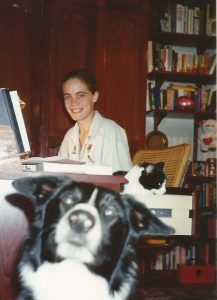I’ve already written about how Unfollow convinced me to start blogging again after a long hiatus. It’s funny how sometimes the right book hits you at the right time and sparks something in your mind. It made me Think Big Thinky Thoughts about Life, Hate, Family and Twitter. It might not press that button for for everyone but Unfollow is still a fascinating insight into what it’s like growing up in a loving family which was full of hate for the outside world.
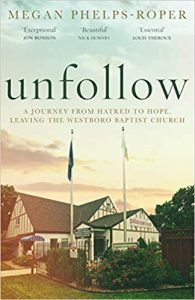
For her whole life, Megan Phelps-Roper was a member of the Westboro Baptist Church – the fanatics who rejoiced after 9/11 claiming it was God’s way of punishing sinful America; the ones who picketed military funerals with signs saying Thank God for Dead Soldiers. Megan grew up with a God Hates Fags banner in her hand and later, on Twitter, became the church’s mouthpiece and online provocateur. But in 2012 she left, turning her back on the church’s message, despite knowing her family would cut her off.
When I first picked the book up I was afraid to trust Megan. Could you really grow up in a community of hate and simply let all those prejudices go? Had she really rejected all Westboro’s teachings or just chosen to leave the church after it turned on her family? There’s no doubt the latter was a factor, but as I read Megan’s slow unpicking of her belief system I was totally convinced by it.
You can raise your children to hate but it doesn’t necessarily stick
I learned quite a few surprising things from this book. Firstly that Twitter can be a kind place. We’re used to thinking of it as a shrill echo chamber or a troll’s paradise, and it’s people like Megan – or old Megan at least – who make us think that. For years she tweeted her church’s hate-filled message, dressing it up in clever banter and emojis (You’re going to hell 😀), raising hysteria and public awareness of her obscure little church in the process.
But while most people reacted with (understandable) outrage others, including Jews and members of the LGBT community, engaged patiently and kindly, gradually breaking down the rigid thinking imposed by her family until it finally fell away.
That’s the other thing I learned from the book – you can raise your children to hate, but it doesn’t necessarily stick. It’s human nature to think, to question. These days everyone seems so polarised it seems impossible that civilised debate and questioning could change someone’s mind – but in this case it did. That’s something that’s good to know.
For slow readers, the part at the beginning, where she’s still signed up to the church’s thinking might be an uncomfortable read, especially if you’re a member of one of the groups she was taught to revile or a victim of one of the church’s pickets. But I do think it’s worth reading on.
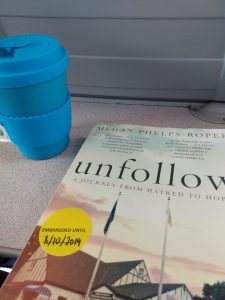
There are definitely still secrets at Westboro – Megan alludes to the violence of her grandfather and the temper of her mother but won’t go any further – her loyalty to her family is still tangible throughout the book even as she rejects their ‘values’. They might condemn her as a fallen woman on her path to hell but she will never let go of them.
I found the Bible verses hard going – long thee-and-thou quotes lovingly drawn from the King James Bible, which the Westboro members used to justify their hardline stance. I found myself grumpily skimming over lots of those but as I read on I came to understand why they were there. They’re not for me, or for 98 per cent of the people reading this book – they’re for her family. Because I get the feeling that the real reason Megan has written Unfollow is as an escape manual for her siblings who are still trapped in the Church’s thinking, and an explanation to her still-beloved and now estranged parents. That fact alone makes it a heartbreaking read.
Unfollow: A Journey from Hatred to Hope by Megan Phelps-Roper is out now


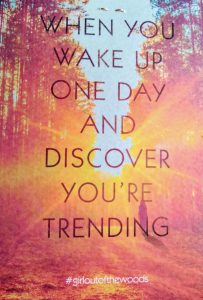 For the first sixteen years of her life, Arty lives in paradise. She, her parents and a group of idealists have built a small community in a clearing in the middle of the Indian forest. It’s not an easy life but it’s a happy one – a matriarchal society where every community member is a god or goddess, decisions are made by consensus and her biggest worry is whether the monkeys are going to steal their food.
For the first sixteen years of her life, Arty lives in paradise. She, her parents and a group of idealists have built a small community in a clearing in the middle of the Indian forest. It’s not an easy life but it’s a happy one – a matriarchal society where every community member is a god or goddess, decisions are made by consensus and her biggest worry is whether the monkeys are going to steal their food.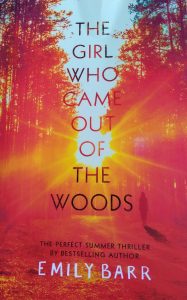
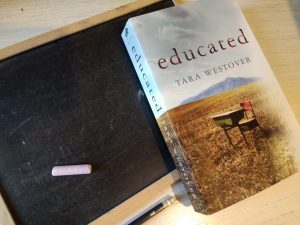 in the remote countryside and it’s absolutely fascinating. School was banned, traditional medicine was forbidden, the End of Days was always around the corner and violence was an everyday occurrence. As she grows up Tara faces a choice – remain loyal to her father despite growing doubts about his views or educate herself and alienate the family she loves.
in the remote countryside and it’s absolutely fascinating. School was banned, traditional medicine was forbidden, the End of Days was always around the corner and violence was an everyday occurrence. As she grows up Tara faces a choice – remain loyal to her father despite growing doubts about his views or educate herself and alienate the family she loves.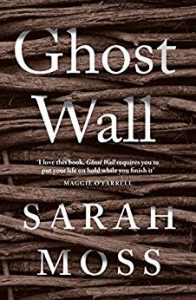 Over a thousand years ago out in the Northumberland countryside a girl was sacrificed: kicked, beaten, tortured and finally buried in the bog by her family, her friends and the people she had grown up with. How could a community turn on someone like that, and why?
Over a thousand years ago out in the Northumberland countryside a girl was sacrificed: kicked, beaten, tortured and finally buried in the bog by her family, her friends and the people she had grown up with. How could a community turn on someone like that, and why?
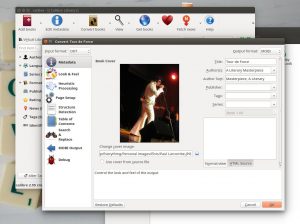
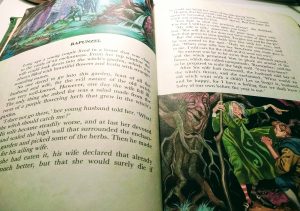 Bluebeard’s chamber was full of the corpses of his former wives, characters are blinded, torn apart by wild animals. It’s worse of course if you’re the stepmother. You could be tricked into eating the minced-up body of your own daughter, rolled down a hill in a barrel lined with nails or, if you were foolish enough to be cruel to Snow White, you could end up with your feet being forced into red-hot iron shoes and dancing yourself to death.
Bluebeard’s chamber was full of the corpses of his former wives, characters are blinded, torn apart by wild animals. It’s worse of course if you’re the stepmother. You could be tricked into eating the minced-up body of your own daughter, rolled down a hill in a barrel lined with nails or, if you were foolish enough to be cruel to Snow White, you could end up with your feet being forced into red-hot iron shoes and dancing yourself to death.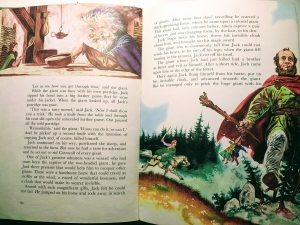
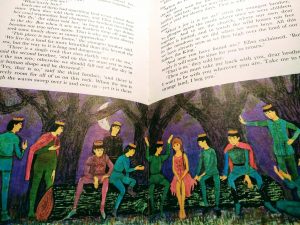 creatures from her grandmother’s tales might not be fictitious after all.
creatures from her grandmother’s tales might not be fictitious after all.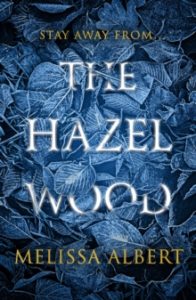 It’s a hugely accomplished book for a debut author, beautifully written and atmospheric. The heroine is tough, scrappy and flawed – although her anger issues are more talked-about than experienced, it would have been fun to explore them more. I had a bit of a crush on her sidekick, Ellery Finch. I’m not at all surprised that the film rights have been sold already.
It’s a hugely accomplished book for a debut author, beautifully written and atmospheric. The heroine is tough, scrappy and flawed – although her anger issues are more talked-about than experienced, it would have been fun to explore them more. I had a bit of a crush on her sidekick, Ellery Finch. I’m not at all surprised that the film rights have been sold already.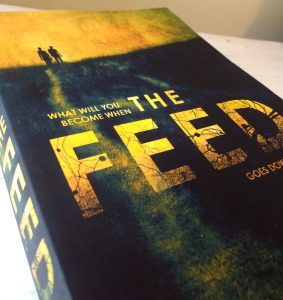 This is a fantastic Black Mirror-esque idea for a tale and the hook dragged me in straight away, but at first I did find the book a little frustrating. I wanted to know more about the Feed and the mysterious Taken people and less about the post-apocalyptic mess which followed its collapse. And I couldn’t quite warm to Tom and Kate, the nice middle class couple caught up in it all as they search the countryside looking for their missing daughter. I also didn’t truly buy into the idea that almost everyone on the entire planet – rich and poor, developing and developed world – had the feed in their brains. What about the underclass who could never afford it – they’d really come out on top in this world… But that’s probably another story.
This is a fantastic Black Mirror-esque idea for a tale and the hook dragged me in straight away, but at first I did find the book a little frustrating. I wanted to know more about the Feed and the mysterious Taken people and less about the post-apocalyptic mess which followed its collapse. And I couldn’t quite warm to Tom and Kate, the nice middle class couple caught up in it all as they search the countryside looking for their missing daughter. I also didn’t truly buy into the idea that almost everyone on the entire planet – rich and poor, developing and developed world – had the feed in their brains. What about the underclass who could never afford it – they’d really come out on top in this world… But that’s probably another story.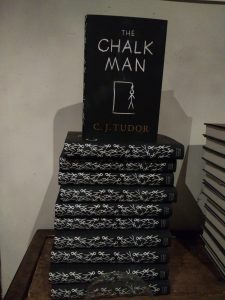 month teeming with twisty tales. It’s a brilliantly original idea: in the 1980s a gang of kids use chalk figures to communicate with each other. It’s all innocent, although somewhat creepy-looking fun until the day the chalk figures lead them to a body hidden in the woods. Thirty years later the gang has moved on, but has to confront the past when the figures start appearing again…
month teeming with twisty tales. It’s a brilliantly original idea: in the 1980s a gang of kids use chalk figures to communicate with each other. It’s all innocent, although somewhat creepy-looking fun until the day the chalk figures lead them to a body hidden in the woods. Thirty years later the gang has moved on, but has to confront the past when the figures start appearing again…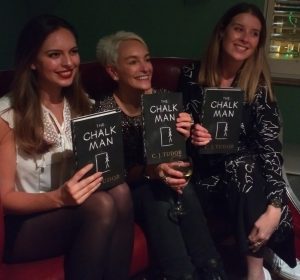

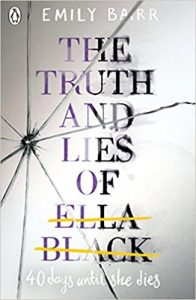 Ella Black is a good girl, to the point of boring. She studies hard, she keeps her head down and the craziest thing she’s ever done is dye her hair purple. But the reason she’s so good is that she has an alter-ego – the violent, destructive Bella. The first time Bella makes an appearance she does something so shocking I almost dropped the book and it’s clear why Ella needs to keep on the straight and narrow and keep Bella under control.
Ella Black is a good girl, to the point of boring. She studies hard, she keeps her head down and the craziest thing she’s ever done is dye her hair purple. But the reason she’s so good is that she has an alter-ego – the violent, destructive Bella. The first time Bella makes an appearance she does something so shocking I almost dropped the book and it’s clear why Ella needs to keep on the straight and narrow and keep Bella under control.